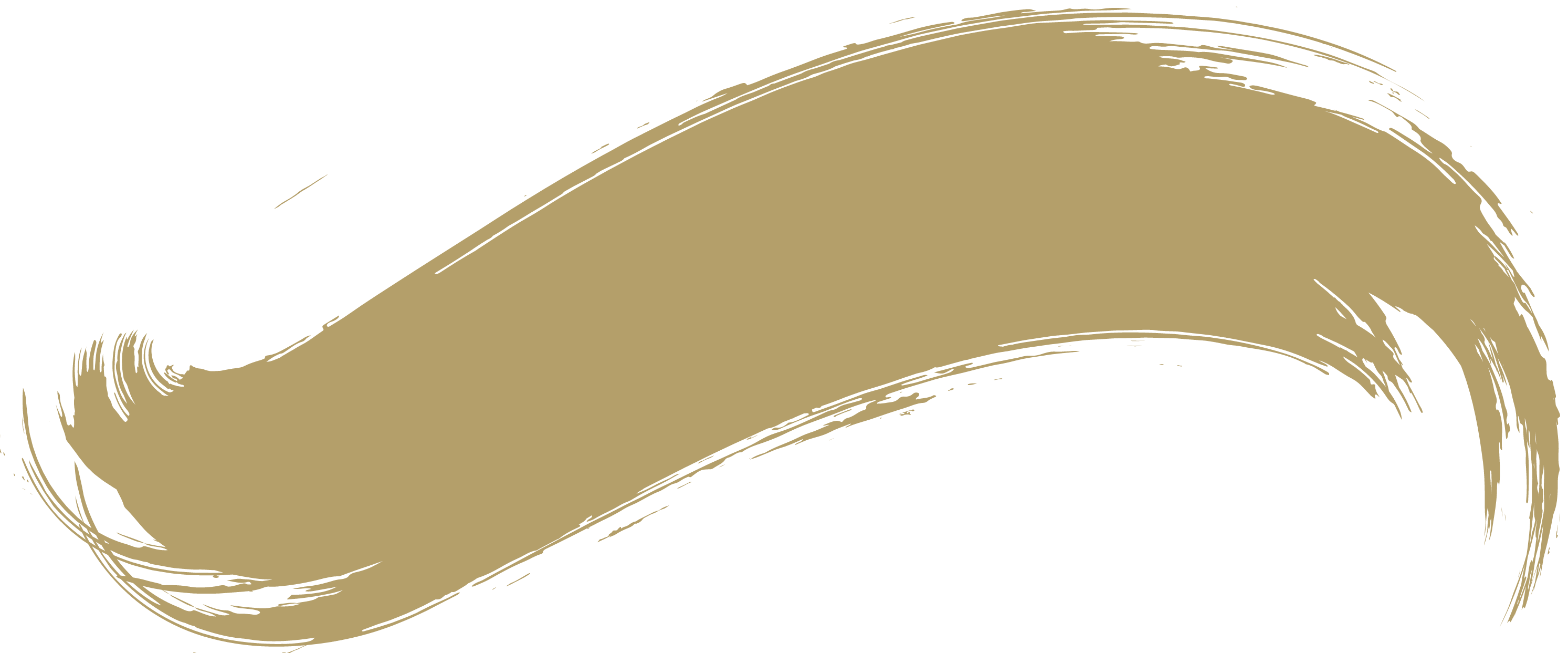Irish folk music has a deep-rooted connection to storytelling and mythology, and your work really embraces these traditions. Why do you think it’s important to keep this style of music alive, and how do you approach making it more accessible to younger generations?
I think mythology and folksong are deeply entwined. Created through oral tradition, a piece of art that’s handed down through generations in a process of continual modification. All the best, most memorable bits are retained, or otherwise fall away. It’s an ongoing process, full of deep archetypal imagery and recurring motifs. I think every new generation has an opportunity to take their turn to continue this process, put a breath of life into the songs, add something current and new, and pass it down to the next generation. I think that connection to the past is deeply appealing to many. When you sing an old song, it connects you to everyone who sang it before you.
I see younger generations being caught in the creative wave of the current thriving folk music scene. It’s exciting to a creative young mind, taking these old words and melodies, doing something new with it. I saw a band called The Wran at Hidden Hearth Festival last year. Young men, all brothers, from Waterford. They’re a great example, they knocked my socks off with the way they arranged and played trad music and folksongs. Younger folks are in, folk music is alive and kicking and that energy is magnetic, appealing to all ages.
Are there any particular artists who influence or inspire your music?
My favourite band is Lankum, each individual member is a powerhouse in their own right, and together they are unreal. Also ranking high are the likes of Lisa O’Neill, Ye Vagabonds, John Francis Flynn, OXN, RÓIS. I see these all as being top-notch folk artists doing really interesting novel things with the old songs, in combination with their repertoires of original music. This is fairly much what I want to do myself! Then Ireland has of course always had a thriving traditional scene. I recently saw the fiddler Martin Hayes play with the National Symphony Orchestra; that was mind-blowing. Cormac Begley, the concertina player, is more magician than musician and anyone should take the opportunity to see him play when they can.
I also love a bit of alternative rock and metal. There’s definitely a bit of influence on my original music from those genres.
As someone passionate about storytelling through music, what do you think the future of Irish folk music looks like?
The future is bright, for sure. Folk music tends to slip in and out, enjoying moments of big resurgence and then fading back again. We are at the height of such a resurgence, and I believe that in the future, current artists, such as Lankum, will be regarded with real legendary status. There was a similar moment of revival in the 60s and 70s, with Paul Brady and Planxty at the heart of it. Then it faded back. I think Ireland needed to express its modernity for a while, bands like Thin Lizzy showing we could rock, alternative subcultures of goths, punks, Cureheads expressing themselves. The focus was current, international, and folk was old and uncool. But it keeps coming back around. There’s a combination of social and political elements in the cultural ether at the minute that have brought folk music back to the fore massively. This will be the trajectory I imagine; it will rise and fall in prominence but always remain. In a world that’s on the cusp of drastic change with AI and the ever-growing tech revolution, as well as an unstable global political climate, I think the need to create space for genuine, deep human connection will only grow. Folk music can create that space better than anything else I know.
Read more about the ongoing Creative Health and Wellbeing projects here.
Follow Ru O’Shea on his Instagram here.






